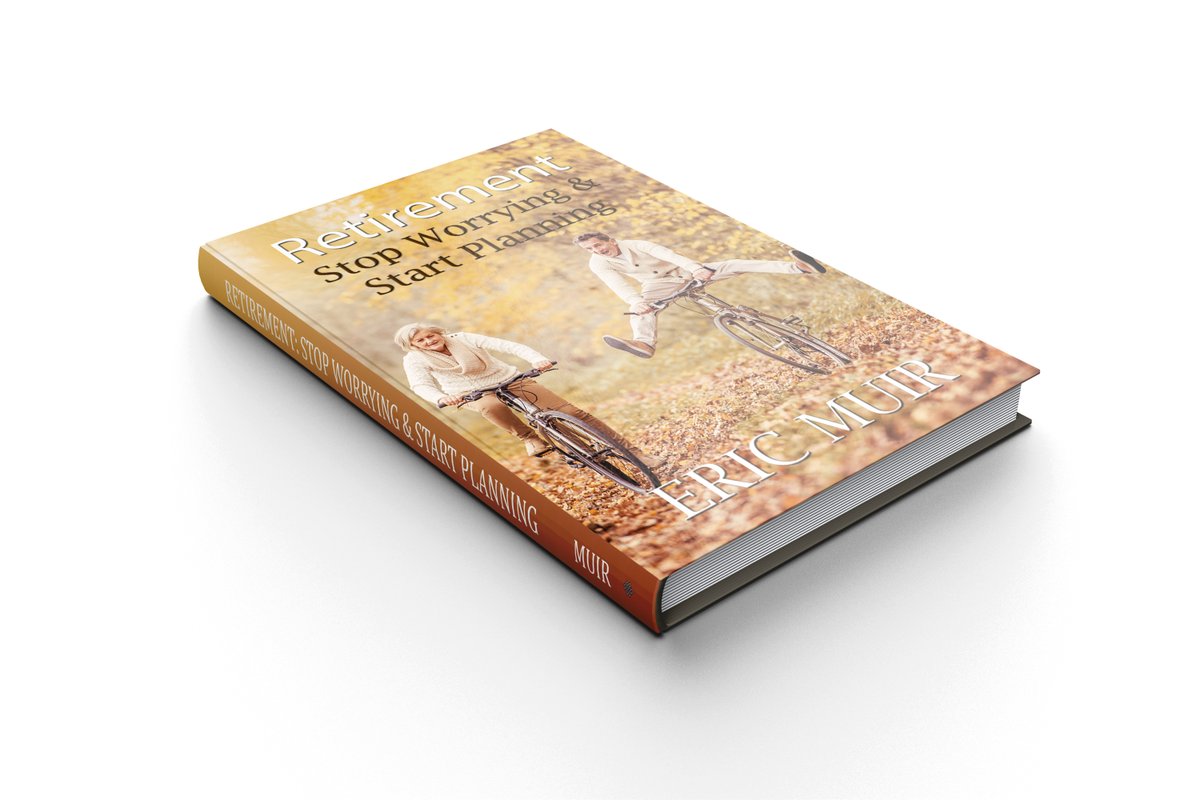
Bring back the siesta!
Your body and mind need a nap in the afternoon. Science shows not only are naps good for your health, they’re also great for your productivity.
(a thread👇)
Your body and mind need a nap in the afternoon. Science shows not only are naps good for your health, they’re also great for your productivity.
(a thread👇)
"Siesta" means nap in Spanish, but the afternoon nap has been a tradition in cultures across the globe.
Whether in the Mediterranean or Mainland China, people around the world have come to the same conclusion: You need a nap in the afternoon.
Whether in the Mediterranean or Mainland China, people around the world have come to the same conclusion: You need a nap in the afternoon.
The siesta isn't common in the U.S. It doesn't seem "time efficient."
We compress our work day into one block of time at the office, with a long commute, so napping isn't convenient either.
But with more people working from home, we have a chance to bring back the siesta.
We compress our work day into one block of time at the office, with a long commute, so napping isn't convenient either.
But with more people working from home, we have a chance to bring back the siesta.
Naps are productive because we're entering the Creative Age.
According to @kaifulee 40- to 50-percent of jobs will be replaced by AI and automation in the next couple decades.
Now more than ever, your edge as a human is your creativity. And naps help with that...
According to @kaifulee 40- to 50-percent of jobs will be replaced by AI and automation in the next couple decades.
Now more than ever, your edge as a human is your creativity. And naps help with that...
Naps help you learn. @SleepDiplomat found an afternoon nap increased learning 20%.
This correlated with increased "sleep spindle" activity in the left prefrontal cortex.
Sleep spindles transfer info to your long-term memory, freeing up short-term memory for more learning.


This correlated with increased "sleep spindle" activity in the left prefrontal cortex.
Sleep spindles transfer info to your long-term memory, freeing up short-term memory for more learning.

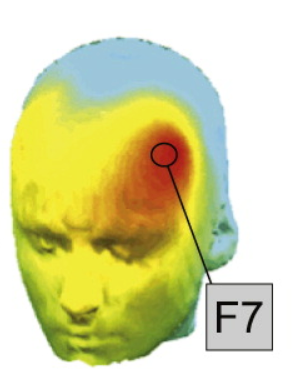

Remember from a previous thread there are Four Stages to Creativity.
A nap is your "Incubation," embedding that learning into your long-term memory.
As @MrIanLeslie said, "Long-term memory is the hidden power behind the throne of cognition."
A nap is your "Incubation," embedding that learning into your long-term memory.
As @MrIanLeslie said, "Long-term memory is the hidden power behind the throne of cognition."
https://twitter.com/kadavy/status/1321085311036907522
As @AskPang has pointed out, the "10,000 hours" study @Gladwell made famous doesn't just show a need for "deliberate practice."
It also shows a need for "deliberate rest."
The very best violinists took afternoon naps. The merely "good" ones did not.

It also shows a need for "deliberate rest."
The very best violinists took afternoon naps. The merely "good" ones did not.
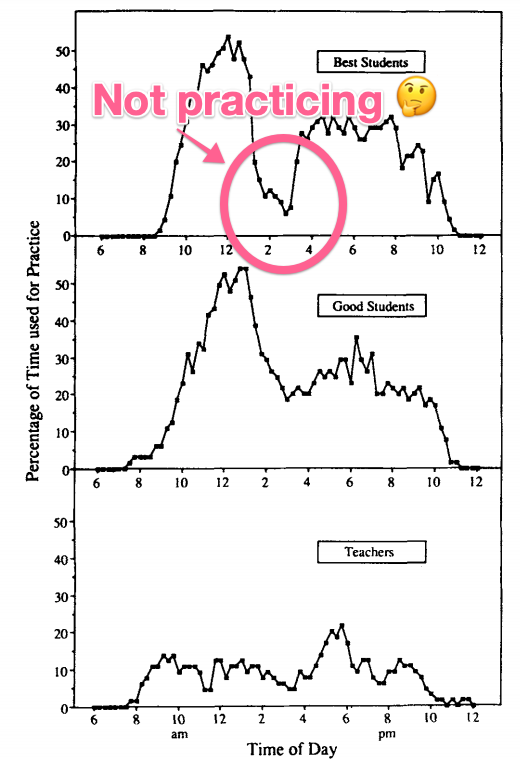
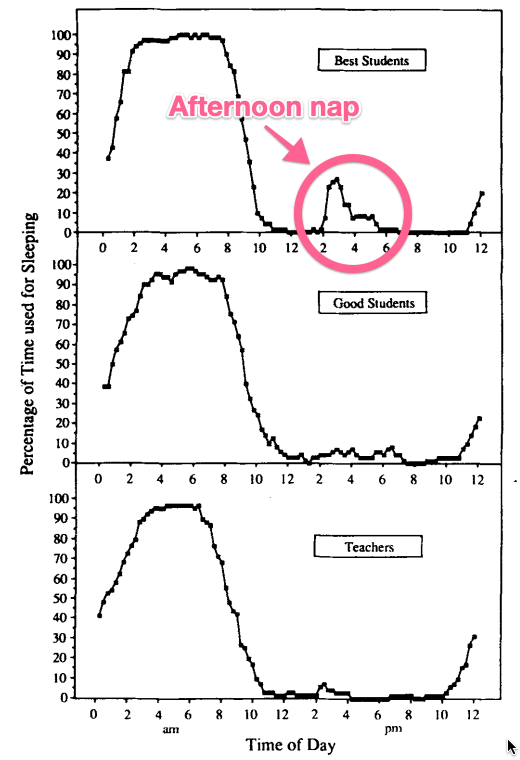
Most of us feel tired in the afternoon.
You know "that 2:30 feeling"? We blame it on a "food coma." But it's normal.
The circadian system makes us more alert throughout the day. The "sleep debt" system makes us more tired. What time do they cross over? About 2:30 p.m.

You know "that 2:30 feeling"? We blame it on a "food coma." But it's normal.
The circadian system makes us more alert throughout the day. The "sleep debt" system makes us more tired. What time do they cross over? About 2:30 p.m.
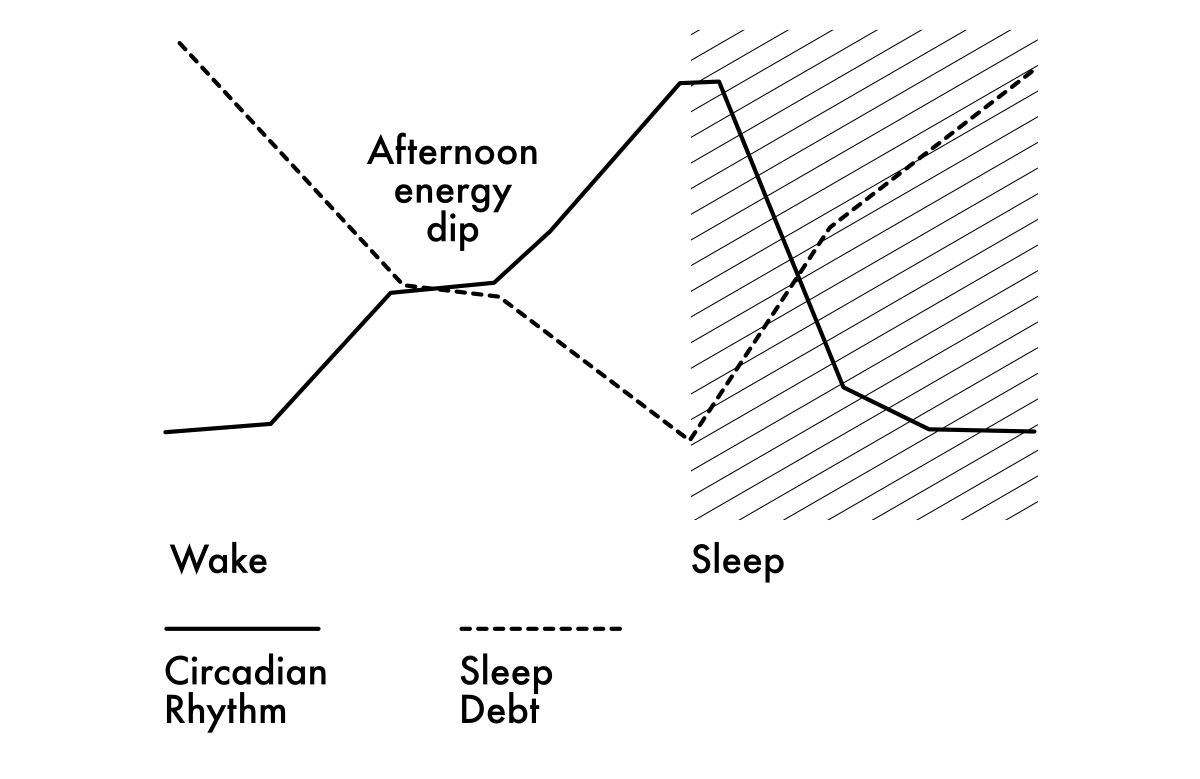

Some people think napping is a "waste of time." But things that take time can be done by computers.
Your edge as a human is the quality of your thinking. The quality of your thinking improves when you nap.
As @naval said "Earn with your mind, not with your time.”
Your edge as a human is the quality of your thinking. The quality of your thinking improves when you nap.
As @naval said "Earn with your mind, not with your time.”
When creativity matters, napping is productive.
Creativity neuroscientist @JohnKounios told me:
"Sleep is mental work. Sleep is creative work. Your brain is churning over memories, it's clearing out the mental cobwebs – it's generating ideas. Sleep is itself work."
Creativity neuroscientist @JohnKounios told me:
"Sleep is mental work. Sleep is creative work. Your brain is churning over memories, it's clearing out the mental cobwebs – it's generating ideas. Sleep is itself work."
If all that wasn't enough, men who napped on a regular basis had a 37% lower risk of dying of heart disease.
Bring back the siesta.

Bring back the siesta.
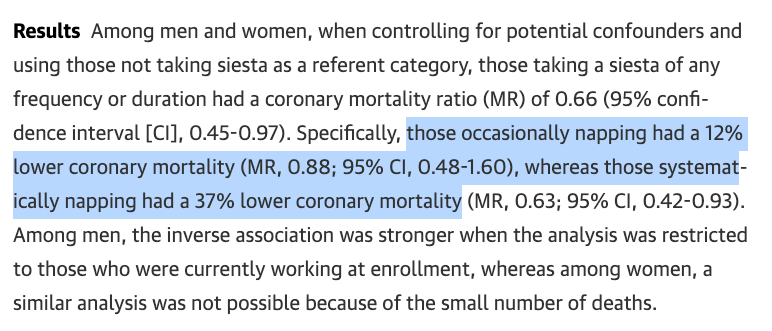

• • •
Missing some Tweet in this thread? You can try to
force a refresh




